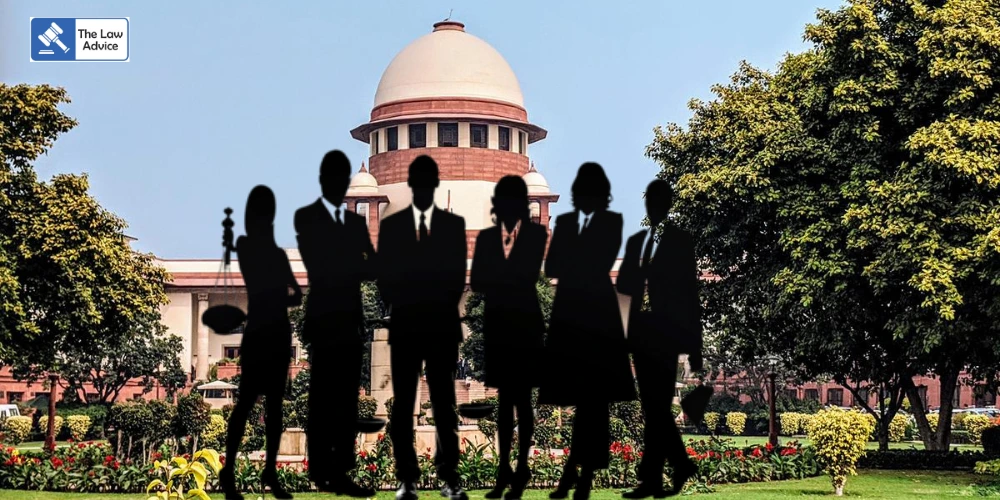
On August 14, the Supreme Court refused to modify its earlier judgment introducing the three-year minimum practice requirement for entry-level judicial service recruitment, rejecting a plea to treat judicial officers’ experience as equivalent to that of practising advocates.
A bench led by CJI BR Gavai and Justice K Vinod Chandran heard an application seeking clarification in the All India Judges Association case, where the Court in May 2025 directed all High Courts and State Governments to amend service rules so that candidates for Civil Judge (Junior Division) posts must have at least three years of advocacy experience.
The applicant, a judicial officer from Gwalior appointed in 2019 under the earlier rules, argued that his judicial service experience should count towards the requirement, citing the Court’s observation that law clerks’ work experience can be counted. He contended that judicial work provided deeper legal exposure than advocacy, stating, “One time writing is equal to ten times reading — judicial experience is much richer.”
The CJI, however, was unmoved, responding, “No, you appear for the MP Judicial exams.” He further cautioned that accepting such a modification would “open a Pandora’s box,” potentially triggering numerous similar claims.
In its May 2025 judgment, the Court reinstated the earlier pre-2002 policy requiring a minimum of three years’ legal practice to sit for judicial service exams. This move reversed the 2002 relaxation that allowed fresh law graduates to directly enter service as Munsiff-Magistrates without any practice.
The Court reasoned that the absence of practice experience had created challenges in the judicial system, noting that courtroom exposure develops essential skills for judges. The ruling applies prospectively, exempting recruitment processes already underway at the time of the order.
Proof of practice must be certified by a principal judicial officer or a senior advocate with at least 10 years’ standing, duly endorsed by the competent judicial authority. For those practising in High Courts or the Supreme Court, certification must come from a senior advocate with similar standing, endorsed by an officer designated by the court.
The verdict also addressed other service matters, including directions on promotions through the Limited Departmental Competitive Examination (LDCE).
Case Details: MA in All India Judges Association & Ors. v. Union of India & Ors. | W.P.(C) No. 1022/1989
Website designed, developed and maintained by webexy